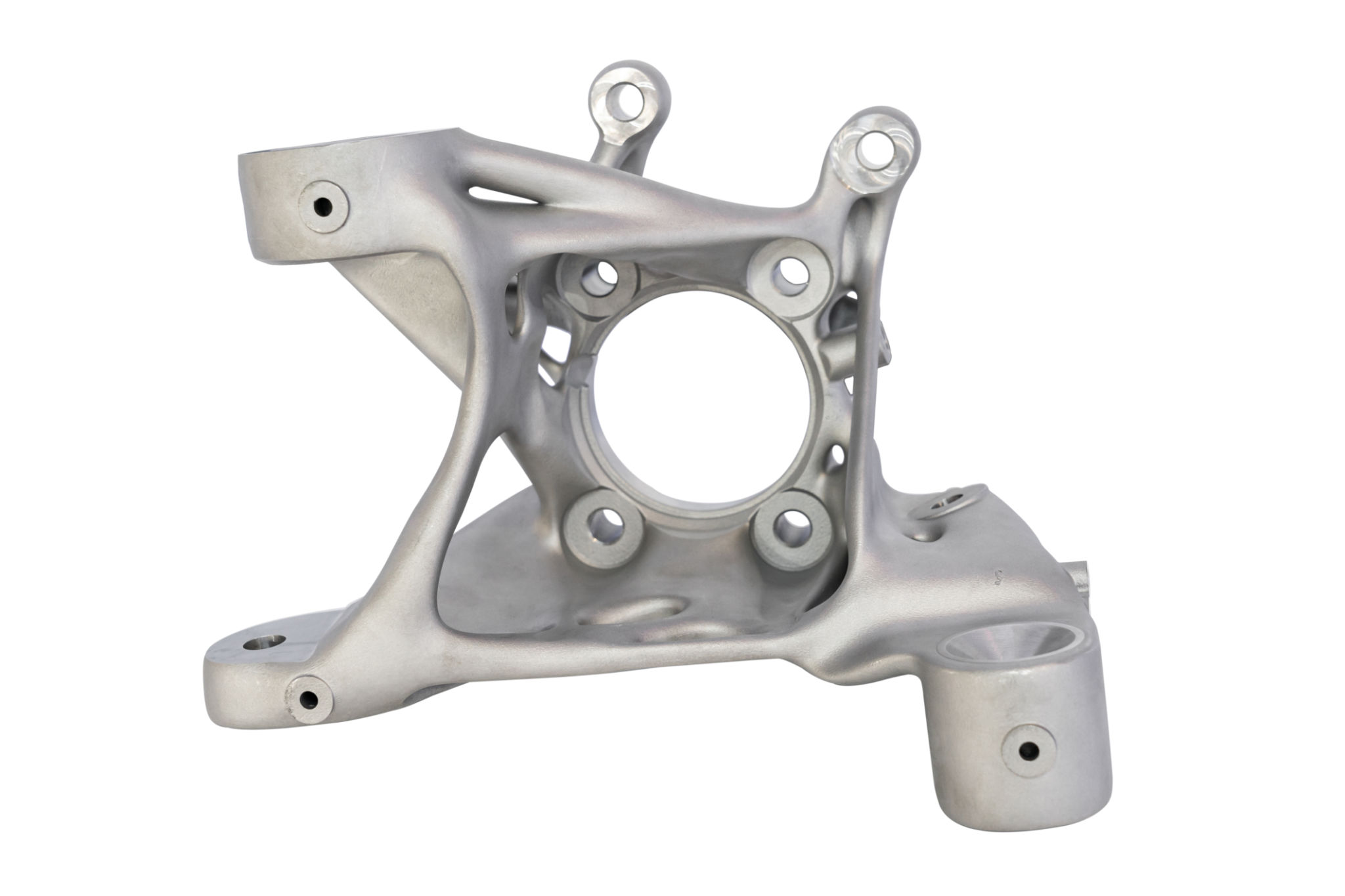Exploring Sustainable Metal Fabrication Techniques for the 2020s
The Rise of Sustainable Metal Fabrication
In today's world, sustainability is more than just a trend; it's a necessity. As industries evolve to meet environmental challenges, metal fabrication is no exception. Embracing sustainable practices in metal fabrication not only benefits the planet but also offers economic advantages to businesses. This transformation is driven by innovative techniques that reduce waste, lower energy consumption, and enhance recycling processes.
Metal fabrication involves cutting, bending, and assembling metal structures, often requiring significant energy and raw material. By shifting towards sustainable methods, companies can minimize their carbon footprint and contribute positively to the environment. But what exactly are these sustainable techniques? Let's explore.

Recycling and Reusing Materials
One of the most effective ways to promote sustainability in metal fabrication is through recycling and reusing materials. Metals like aluminum, steel, and copper can be recycled without losing their properties. This reduces the need for raw material extraction, which is both energy-intensive and environmentally harmful.
Manufacturers are increasingly adopting closed-loop systems where scrap metal from production processes is collected, melted down, and reused in new products. This not only conserves resources but also lowers production costs significantly.
Innovative Manufacturing Techniques
Advanced manufacturing technologies are revolutionizing the field of metal fabrication. Techniques such as additive manufacturing, or 3D printing, are leading the way. Unlike traditional methods that involve cutting away from a larger piece of metal, 3D printing builds objects layer by layer, significantly reducing waste.

Moreover, modern CNC (Computer Numerical Control) machines allow for precise cutting and shaping of metals with minimal wastage. These technologies enable more efficient use of materials and energy, aligning with sustainable objectives.
Energy-Efficient Processes
Energy consumption is a major concern in metal fabrication. However, recent advancements have made it possible to reduce energy use dramatically. Techniques such as laser cutting have become popular due to their precision and lower energy requirements compared to traditional methods.
Furthermore, implementing energy-efficient equipment and optimizing production schedules can lead to significant savings. Utilizing renewable energy sources for powering fabrication facilities is another step towards sustainability.

The Role of Eco-Friendly Coatings
Coating metals is essential for protection and aesthetics, but traditional coatings often contain harmful VOCs (volatile organic compounds). The industry is now turning to eco-friendly coatings that use water-based solutions or powder coatings that emit little to no VOCs.
These sustainable coatings not only reduce environmental impact but also improve safety conditions for workers. Additionally, they maintain the durability and quality that industries require from their metal products.
Implementing Sustainable Practices
Adopting sustainable metal fabrication techniques requires commitment and investment from companies. However, the long-term benefits far outweigh the initial costs. Businesses can start by conducting sustainability assessments to identify areas for improvement and invest in training programs to upskill their workforce in these new methods.
Collaboration between industry players is also crucial. Sharing best practices and innovations can accelerate the transition to sustainable metal fabrication across the sector.

The Future of Metal Fabrication
As we move through the 2020s, the importance of sustainability in metal fabrication will only increase. Companies that embrace these changes will not only enhance their reputation but also gain a competitive edge in the market. As consumers become more environmentally conscious, demand for sustainably produced goods will rise.
Ultimately, exploring sustainable metal fabrication techniques is a step towards a more responsible and resilient industry. By prioritizing environmental considerations today, we pave the way for a better tomorrow.
